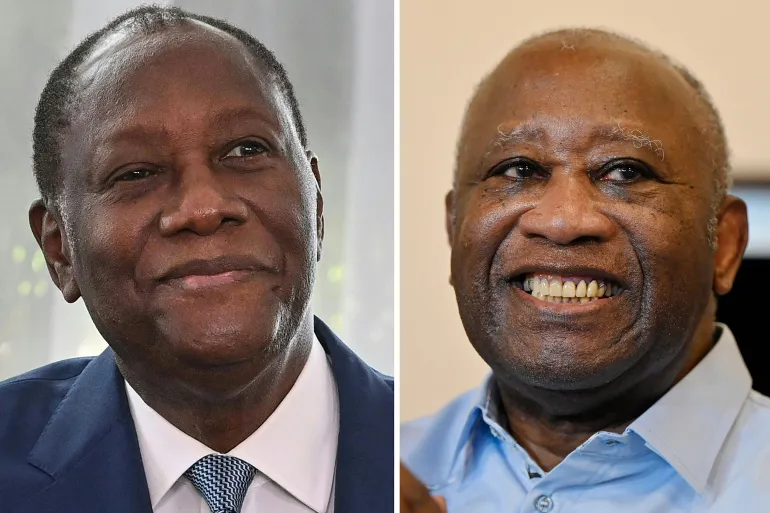
The stage is set for the Ivorian presidential election, scheduled to begin on October 25, 2025, as the Constitutional Council officially publishes the list of approved candidates.
The announcement positions the country at the heart of a busy West African electoral season, drawing attention to both domestic political dynamics and economic implications.
Incumbent President Alassane Ouattara has confirmed his participation, relying on his experience and record in office to secure voter support.
Jean-Louis Billon, a prominent economic and political figure, presents himself as an alternative, aiming to capture the electorate seeking change.
Former minister Ahoua Don Mello represents an opposition path that seeks credibility in a competitive field.
Adding further diversity to the race, Henriette Lagou Adjoua of the Group of Political Partners for Peace (GP-PAIX) and Ehivet Gbagbo of the Movement of Capable Generations (MGC) bring female leadership into a contest historically dominated by men.
Several high-profile figures, however, will not participate.
Former President Laurent Gbagbo has been barred from running by a court ruling, while Tidjane Thiam, PDCI leader and internationally recognized banker, faces the same legal obstacle.
Pascal Affi N’Guessan, leader of the Ivorian Popular Front, failed to secure the required sponsorships, effectively excluding him from the ballot.
The election carries significant stakes beyond political rivalries.
The next president will confront urgent national challenges, including controlling the cost of living, generating employment for a rapidly growing youth population, and managing strategic investments in agriculture and infrastructure.
Voters will closely assess candidates’ plans to address social inequalities and strengthen national cohesion.
With Ivory Coast’s economy remaining dynamic yet vulnerable to international fluctuations, the October election represents a critical moment in shaping the country’s political and economic future. The contest is expected to attract intense scrutiny both domestically and across the African continent, highlighting the broader regional implications of Ivorian political stability and governance.



